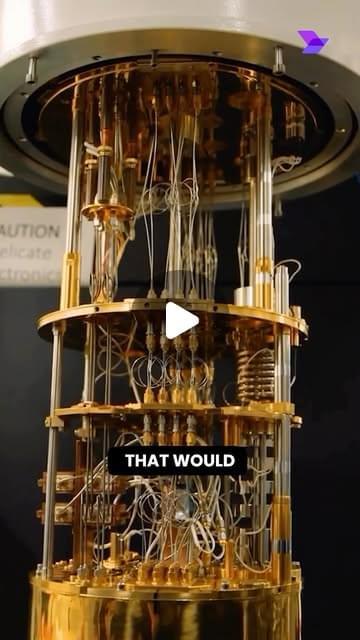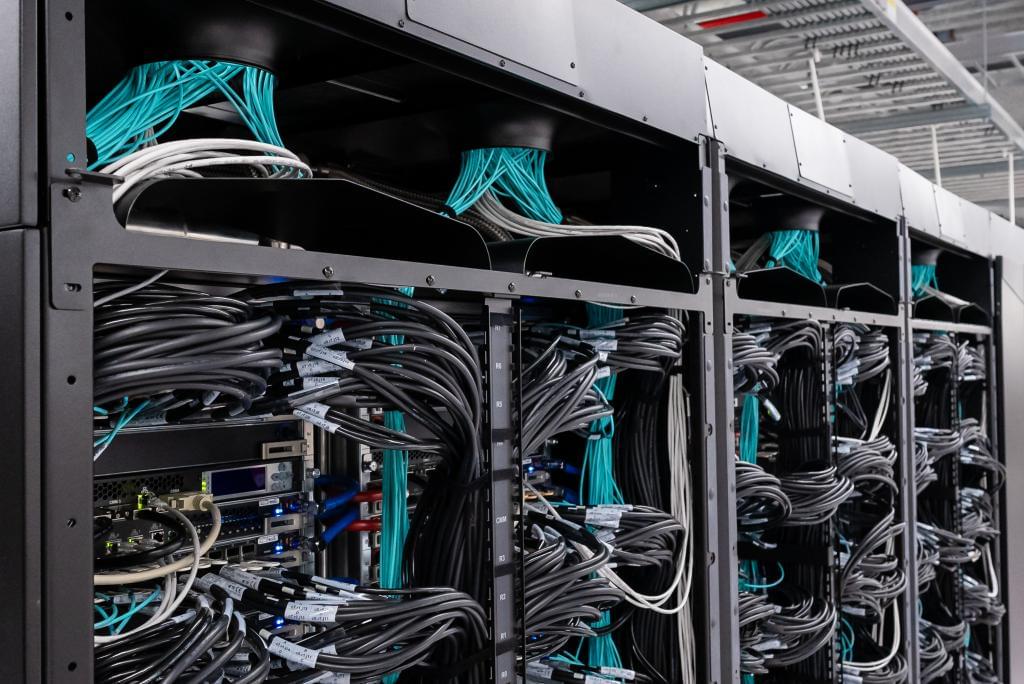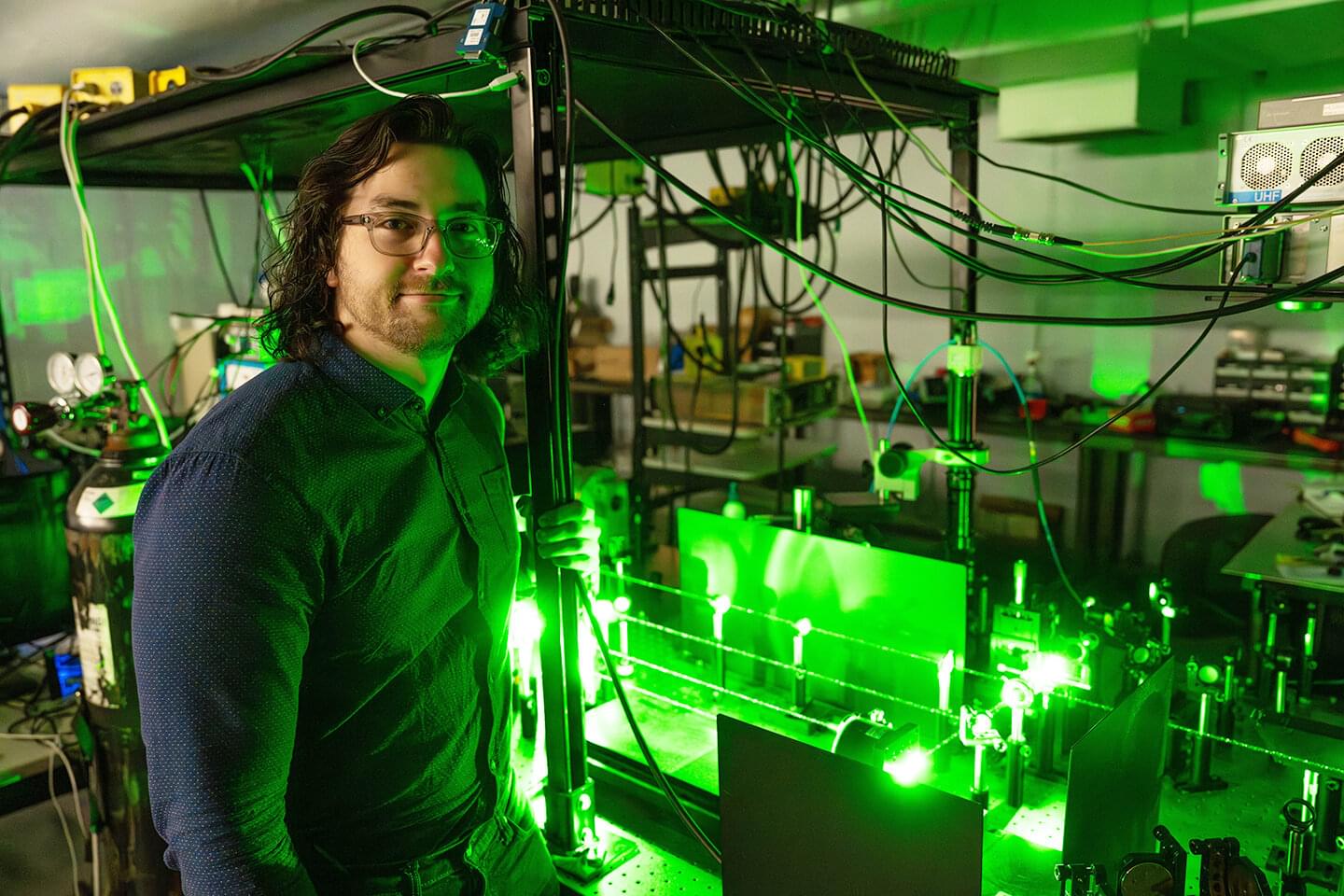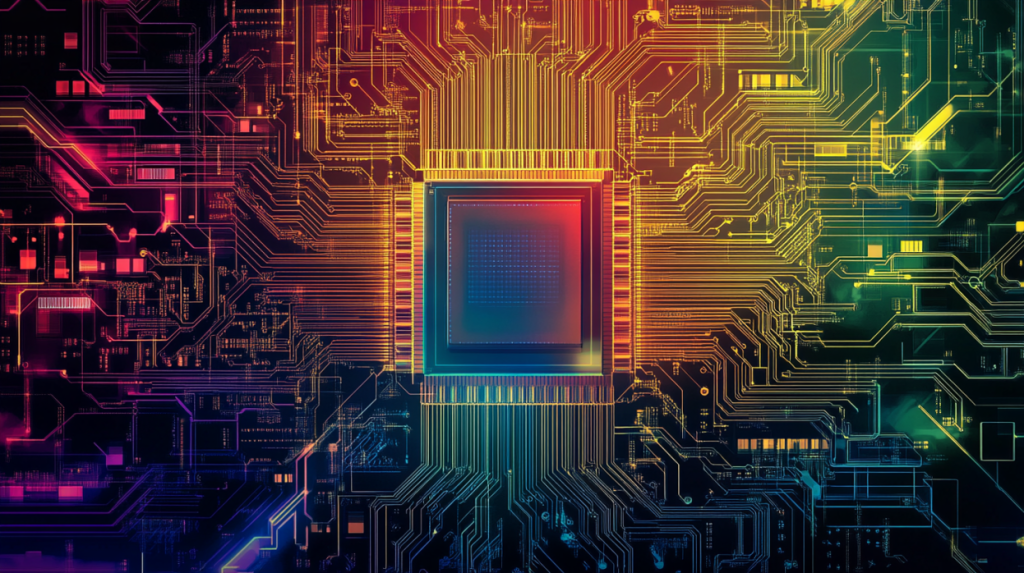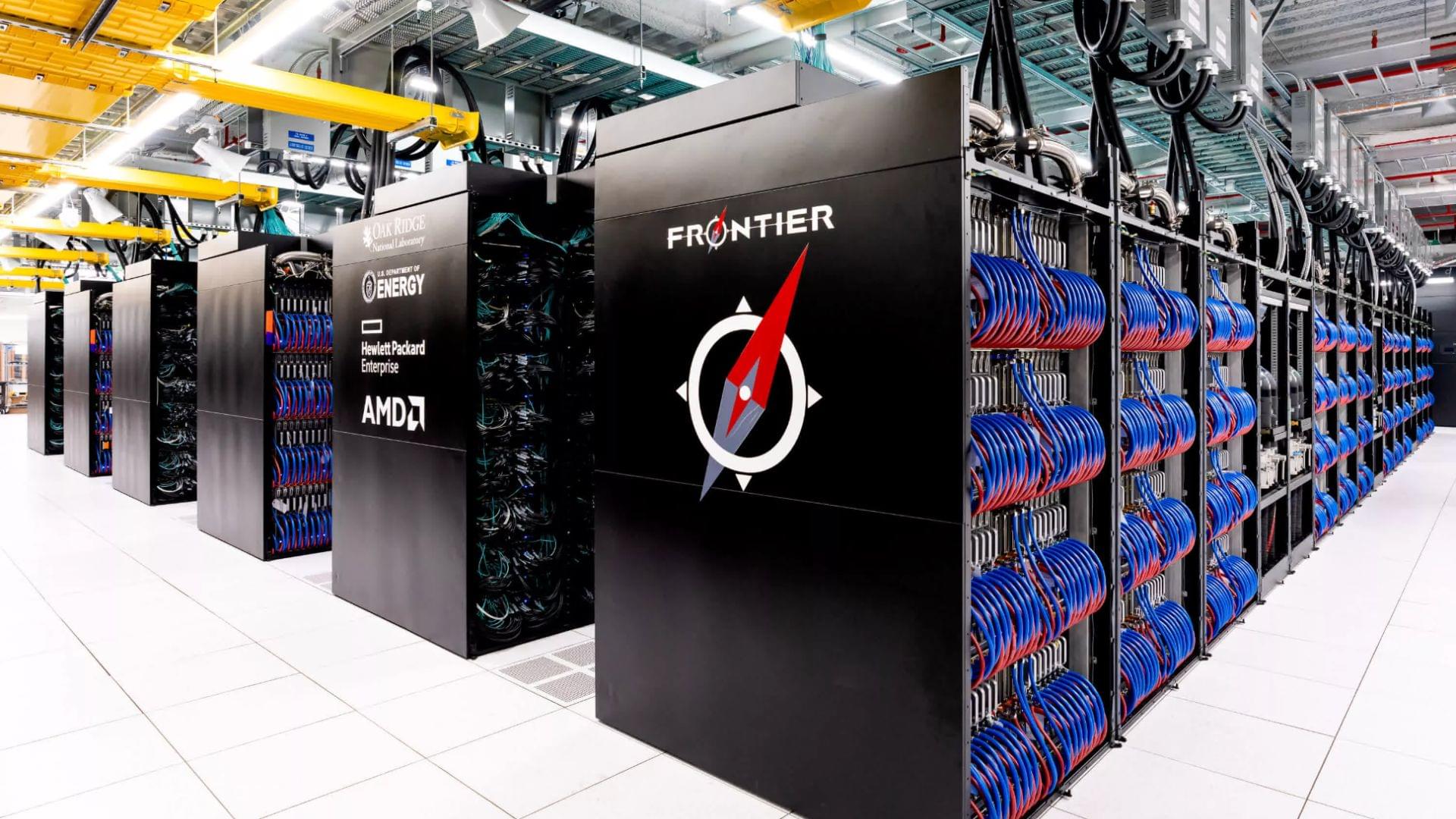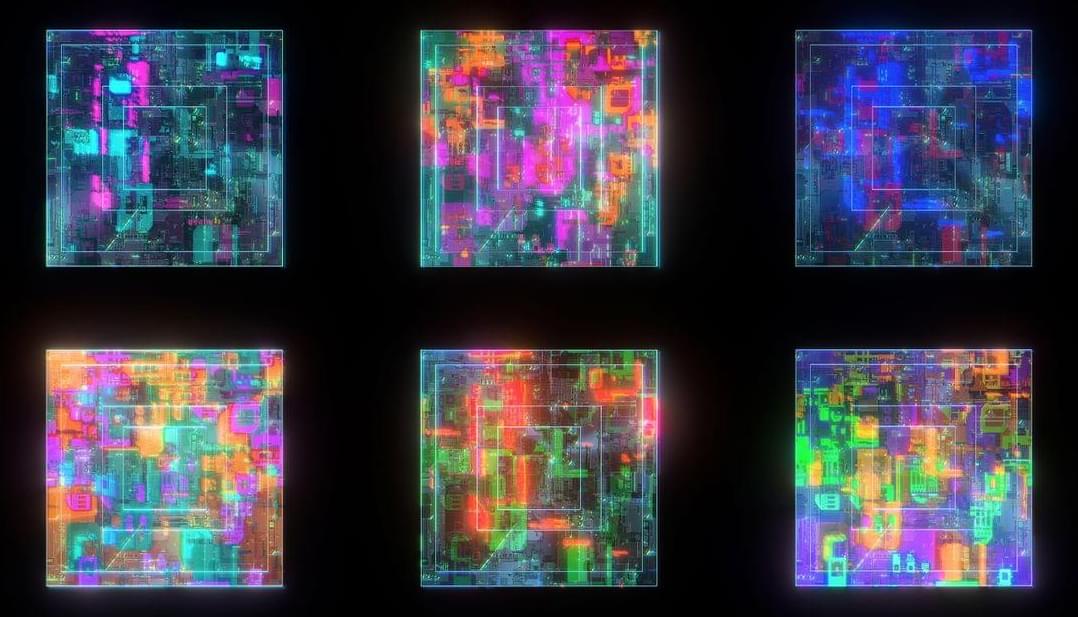Researchers from the Department of Energy’s Oak Ridge National Laboratory have developed a new application to increase efficiency in memory systems for high-performance computing.
Rather than allow data to bog down traditional memory systems in supercomputers and impact performance, the team from ORNL, along with researchers from the University of Tennessee, Knoxville, created a framework to manage data more efficiently with memory systems that employ more complex structures. Research papers detailing their work were recently accepted in ACM Transactions on Architecture and Code Optimization and the International Journal of High-Performance Computing Applications.
Working under the Exascale Computing Project, or ECP, a multi-year software research, development and deployment project managed by DOE, ORNL senior computer science researcher Terry Jones and his team titled their work the “ECP Simplified Interface to Complex Memories,” or SICM, Project.
